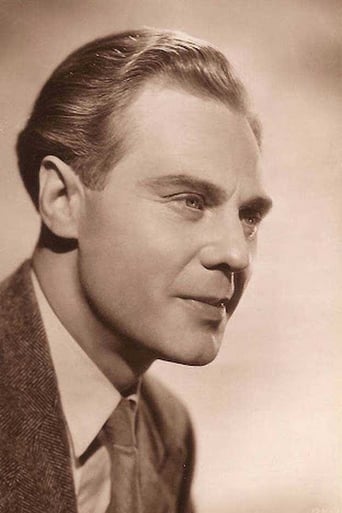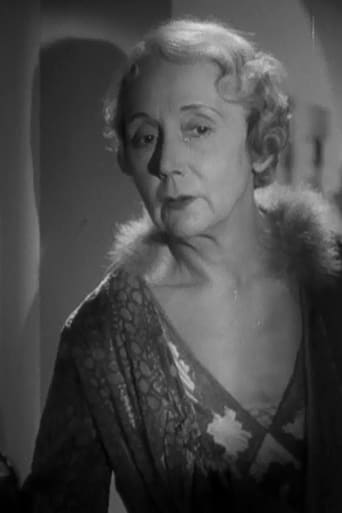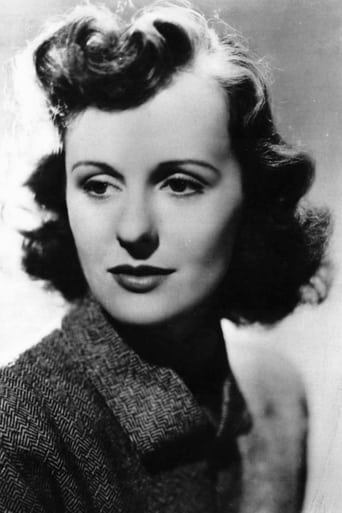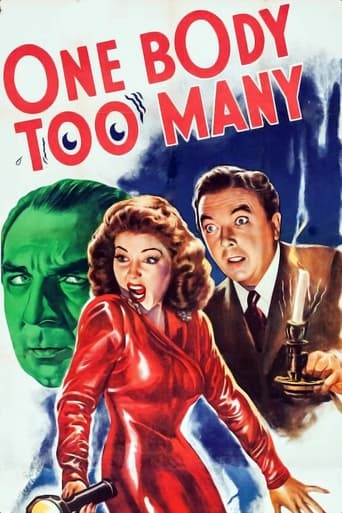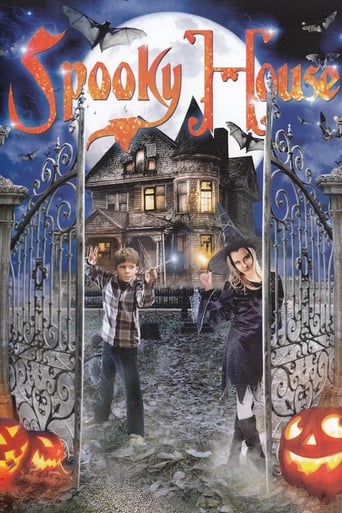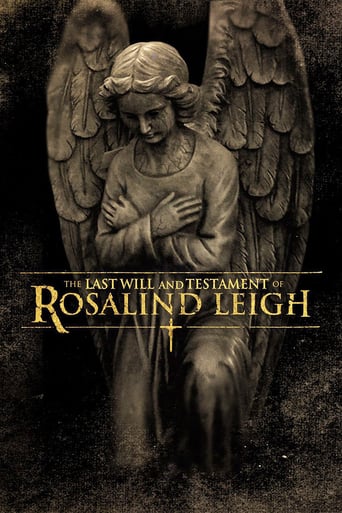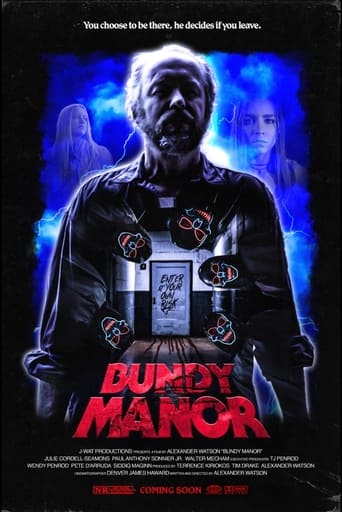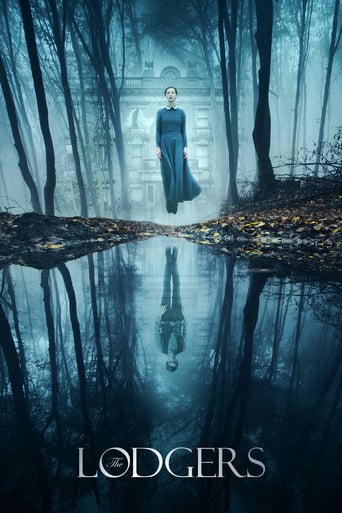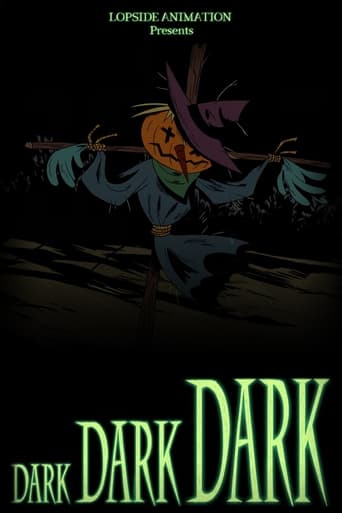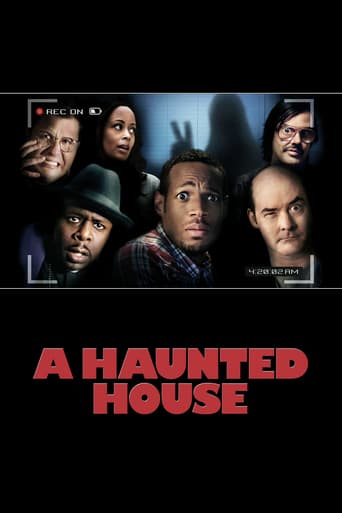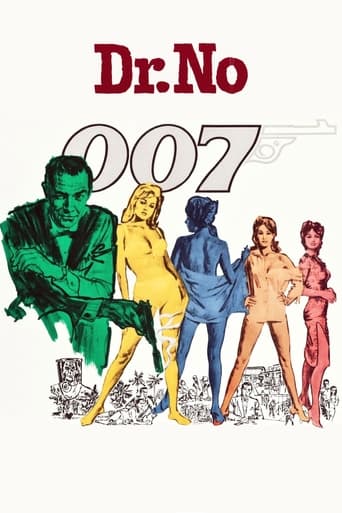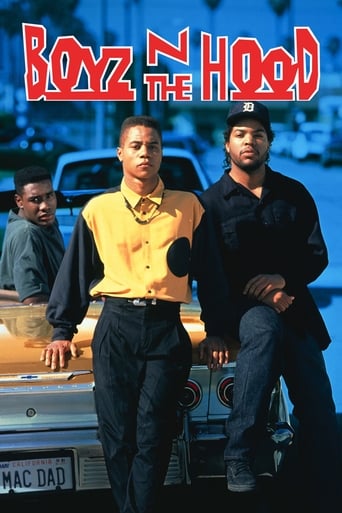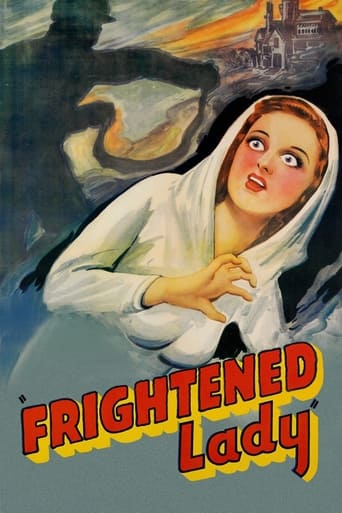
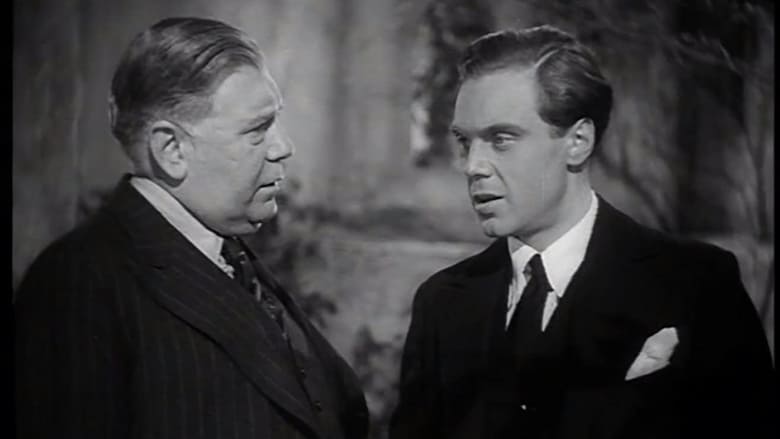
The Case of the Frightened Lady (1940)
A classic British thriller set in a sinister old house, based on a story by Edgar Wallace.
Watch Trailer
Cast


Similar titles
Reviews
Save your money for something good and enjoyable
How sad is this?
Fresh and Exciting
A great movie, one of the best of this year. There was a bit of confusion at one point in the plot, but nothing serious.
It is easy to be put off - and mislead - by the first 10 minutes of this wonderful and unusual subtle film. Stiff and haughty Lady Lebanon (Helen Haye), severe mistress of all she surveys, commands one and all. Just a slight first hint that all might not be as it appears is given by the distinct insolence and knowingness of the two footmen. But it is insufficient to disturb the viewer's impression of stifling stuffiness to which the arrival of family doctor (Dr Amersham played by Felix Aylmer - epitome of dull probity) would seem to confirm.But Helen Haye's brief dialogue with Dr Amersham is very off kilter. Within five more minutes the pace and tone has suddenly stepped up, the film has changed gear entirely; lively and amusing, secrets and odd connections, enough for three or four films, are revealed, any one of which sufficient on its own to drive the plot, even to murder. The air is full of intrigue and possibilities. A handsome young architect arrives to draw up plans for renovation of the rambling ancient house and has caught the eye of the young lady of the house. He will have to stay a week. "Where does this lead to?" asks the sharp-eyed architect after spying an ancient door. "Where does it all lead to?" wonders the audience. By 60 minutes the developing droll class-comedy between policeman Ronald Shiner and his boss had me laughing out loud and the plot developments came at a bafflingly faster and faster pace. The end itself was an extended nail-biter.According to a review in BritMovie "The Case of the Frightened Lady" remains a classic for those who enjoy this genre".Seen on Talking Pictures
Penelope Dudley-Ward (Isla) is the frightened lady of the title. From the first shots of the film when she screams at the shadows that are following her in the house, you can't help but laugh and fear for your oncoming experience. It doesn't say much when the comedy detectives are the best thing about the film. It is woefully acted by all the main players who deliver their lines in that clipped English which is just plain fake – the word "exactly" becomes "exectly" – it's just nonsense. The film does keep you watching to see how things pan out but it ends just as badly as it started with some laughably crass dialogue being spouted by the appalling Helen Haye (Lady Lebanon) accompanied by a hysterical closing head shot of her. It's not meant to be funny, though. A nice, spooky venue is wasted in this badly acted effort.
This film, based on a stage play by Edgar Wallace, is one of those traditional British murder mysteries set in an enormous aristocratic mansion with all kinds of supercilious people, suspicious servants, stupid detectives, and maidens in distress. But it is by no means as corny as it sounds. The film is dominated by the powerful presence of Helen Haye, an actress with the cutting edge of a diamond blade, who lashes everyone in sight with her reproving tongue. She is Lady Lebanon, the matriarch of the establishment, and don't you forget it! Her friend is Dr. Amersham, played by Felix Aylmer, and he even outdoes her in supercilious arrogance. What a pair! Between them, they so dominate the screen that there is barely space for the other players to make their presences known much of the time. The maiden in distress (the one who is 'frightened') is played by Penelope Dudley-Ward (1914-1982, sometimes credited only as Penelope Ward), who only appeared in 12 films between 1935 and 1944, retiring after that. From 1948 to 1976, she was married to Sir Carol Reed, and during the time that I knew him towards the end of his life, I met her, though I only ever exchanged a few polite words with her, as she never joined me and Carol for our chats over gin and tonic in their vast living room with the enormously high ceiling in their splendid house in Kings Road. (They had removed the floor above that room so that the room was two storeys high rather than one.) Alas, I retain little impression of her, so must make do with what I see in these old movies instead. Now they are all gone, even Tracy Reed, Lady Reed's daughter, who died in 2012. Sic transit gloria mundi, I suppose. Helen Haye is so outstanding in this film that it is worth recalling some of her other notable film performances, of which there were 60 altogether. One particularly remembers Hitchcock's THE 39 STEPS (1935), THE SPY IN BLACK (1939), THE REMARKABLE MR. KIPPS (1941), THE MAN IN GREY (1943), ANNA KARENINA (1948), and HOBSON'S CHOICE (1954). What a career! However, the truly inspired performance in this film is by Marius Goring as the young Lord Lebanon, Helen Haye's son. He really outdoes himself in this one. (He had already appeared with Helen Haye the year before this in THE SPY IN BLACK (1939, see my review).) The reasons why the Lebanon family are called Lebanon in this story is that they 'go back a thousand years' and were active in the Middle East at that time as crusaders. Helen Haye is determined to 'continue the line' and keeps urging her bachelor son, who is obsessed with composing music, to marry Penelope Dudley-Ward, which he, unlike Carol Reed in real life, is strangely loathe to do. George King does an excellent job of directing this tale, which could easily have been creaky, but does not creak. King never rose to be one of the famous British directors, despite directing 54 titles, retiring in 1949. Many or most of his films are unavailable and no one alive has seen them, which makes it rather difficult to evaluate his contribution to the cinema. Certainly this film has countless twists and turns and surprises and never drags. Considering that it started out framed by a proscenium (as a stage play), King got it moving and avoided the claustrophobic feeling we often get from stage plays adapted for the screen. When watching this, be careful not to become 'a frightened lady'!
The Case of the Frightened Lady is directed by George King and based on a play by Edgar Wallace. Edward Dryhurst adapts to screenplay, Jack Beaver scores the music and Hone Glendinning is the photographer. It stars Helen Haye, Marius Goring, Penelope Dudley-Ward, Patrick Barr, Felix Aylmer, Ronald Shiner and George Merritt.Mark's Priory: The ancestral English family home of the Lebanon's. Mark's Priory: Home to secrets, suspicion and possibly a psychotic murderer.One of a number of old British films newly discovered for DVD release, George king's movie is a mystery thriller in the classic "old dark house" mode. Edgar Wallace's play had already been adapted to the screen in a 1932 film version directed by T. Hayes Hunter, with two subsequent television versions appearing in 1938 and 1983. Clearly it's a source story that has proved popular with producers. Although creaking with its undoubted stage bound origins, film delivers the goods for those willing to accept that the first half is driven by dialogue and character development. After an initial "shriek" opening, the picture settles into a literary stride where there's no real sense of impending menace or creepy atmospherics: in fact a good portion in this quarter is jovial as plot takes in major characters at a community dance party. However, conversations are relevant and it seasons the ingredients for the stew about to be cooked.Once back at Mark's Priory, we at last reach the realms of mystery/thriller land and the hunt and guess who begins. Characters are strong for the formula; a head of the family who appears to be hiding something, a doctor who may have an iffy past, shifty footmen servants and naturally a pretty girl catching the eye of some debonair suitor. Throw in some shadowy photography by Glendinning and a terrific piano led score by Beaver, and fans of films of this ilk have much to enjoy; and thankfully the big "reveal" of the story is not too shabby either. Cast are well tuned for the material, particularly Goring, Aylmer (isn't he always?), Shiner and Merritt, the latter two of which making a wonderful double act as the intrepid coppers investigating the dastardly goings on. While keep an eye out for a young Torin Thatcher impacting with a character marker for future roles to come. 7/10


